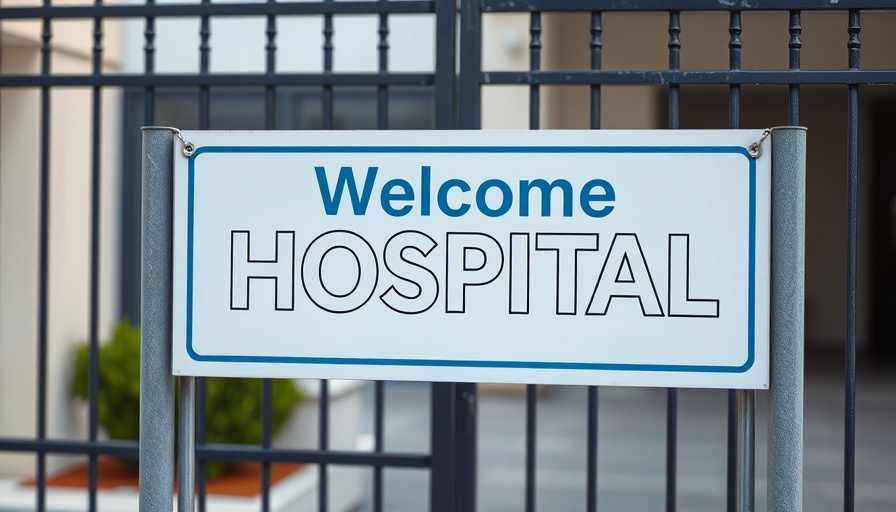
The chilling impact of ransomware on patient care
The tragic death of a patient linked to a ransomware attack on NHS blood services serves as a stark reminder of the vulnerabilities in our healthcare system. This incident at King's College Hospital in London, which took place on June 3, 2024, has disrupted thousands of lives, cancelled over 10,000 appointments, and raises urgent questions about cybersecurity in healthcare.
Understanding the sequence of events
The patient in question died unexpectedly, with the trust confirming that the cyber attack significantly contributed to their death due to delays in receiving critical blood test results. This situation illustrates a horrific intersection where technology failure leads to loss of life, stressing the importance of robust cybersecurity measures.
The response from health authorities
In the wake of this tragedy, King’s College Hospital has conducted a thorough review of the patient’s care. They concluded that multiple factors were at play, including delays directly attributed to the cyber assault. Mark Dollar, chief executive of Synnovis, expressed deep sorrow over how the criminal act had significant implications for patient care. This incident illuminates a broader reality: how cyber threats can become life-threatening in the realms of medicine.
Cybersecurity: a growing concern for the NHS
With the NHS managing vast amounts of sensitive patient data, the implications of cybersecurity lapses can't be overstated. This attack is far from an isolated incident. Reports indicate nearly 600 healthcare-related cybersecurity incidents, with at least 170 affecting patient care during the same period. This sheds light on systemic weaknesses that deserve urgent attention from policymakers.
Human cost behind cyber threats
The statistics tell a cold, harsh story. While the attack resulted in various incidents categorized as low, moderate, and severe harm, the most chilling fact is that one life was directly extinguished. This isn't just about data; it’s about people. Individuals who trust the system with their most vulnerable moments. They deserve transparency and assurance that their safety is paramount.
Actionable insights: what can be done?
There’s no room for complacency. Healthcare facilities must adopt advanced cybersecurity protocols, conduct regular training for staff, and invest in new technologies that can counteract hacking attempts. Collaborations with expert agencies to develop strategic responses to cyber threats are essential.
Community reaction and responsibility
For residents of Leicestershire, this attack should raise concerns. Healthcare is a shared community responsibility. As patients, it’s crucial to demand accountability and better practices from health providers to protect our data and ensure our safety. Imagine having to face a loved one’s delay in receiving critical care just because a hacker disrupted the systems. The community must mobilize and encourage health authorities to invest in more robust cyber defenses.
Speak out: your health matters
This incident should never repeat itself. Engage with local councils, health services, and representatives to ensure that cybersecurity is taken seriously. It’s time to advocate for better protocols that not only secure data but also protect lives. After all, every patient’s safety should be the top priority of the NHS in Leicestershire and beyond.
 Add Row
Add Row  Add
Add 




Write A Comment